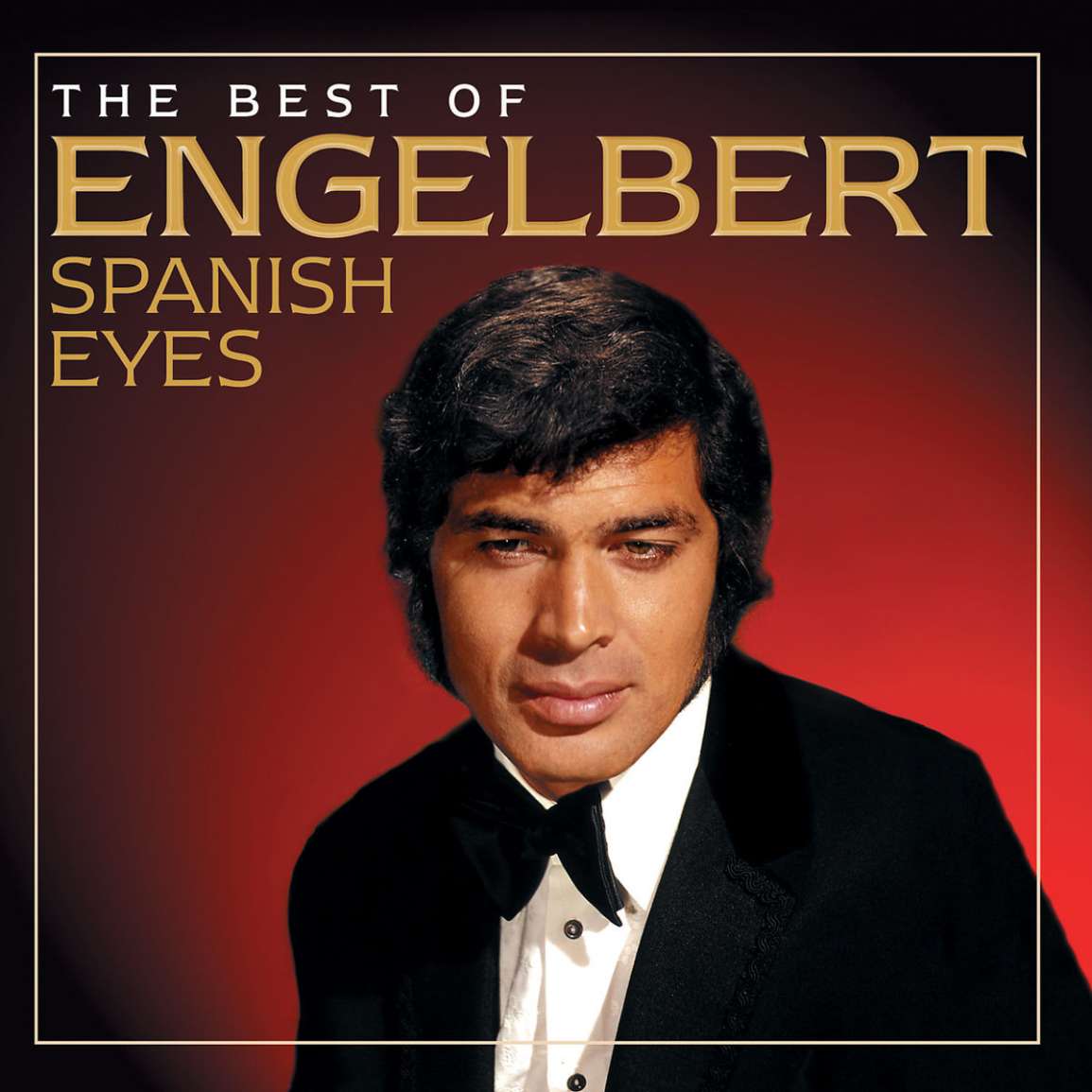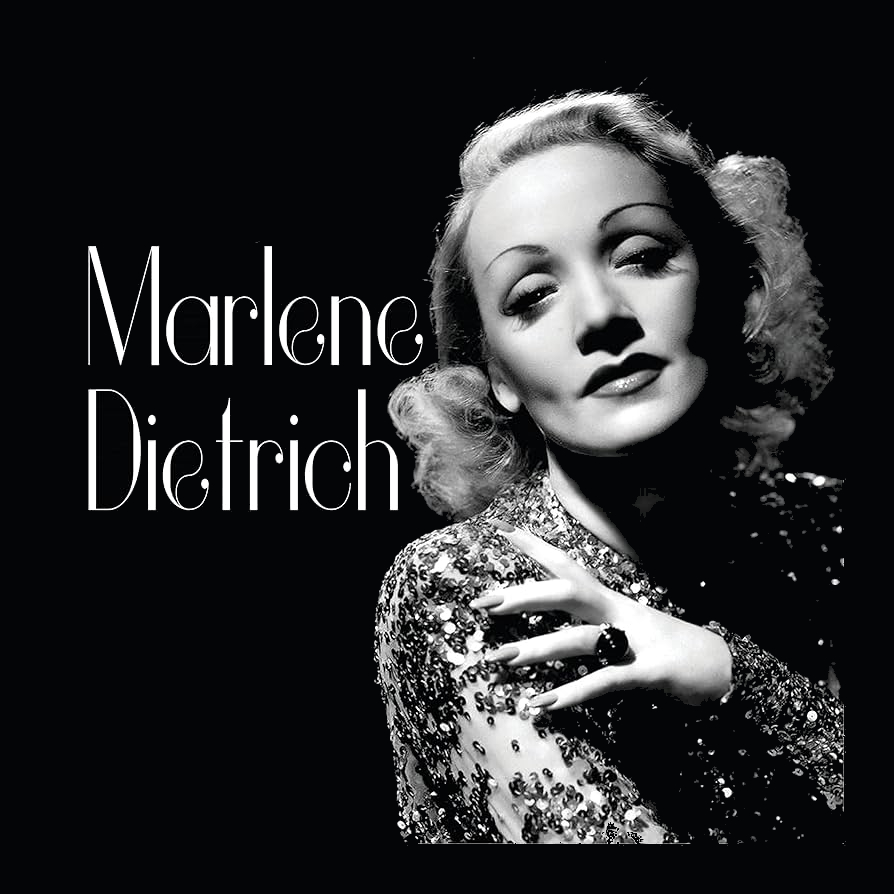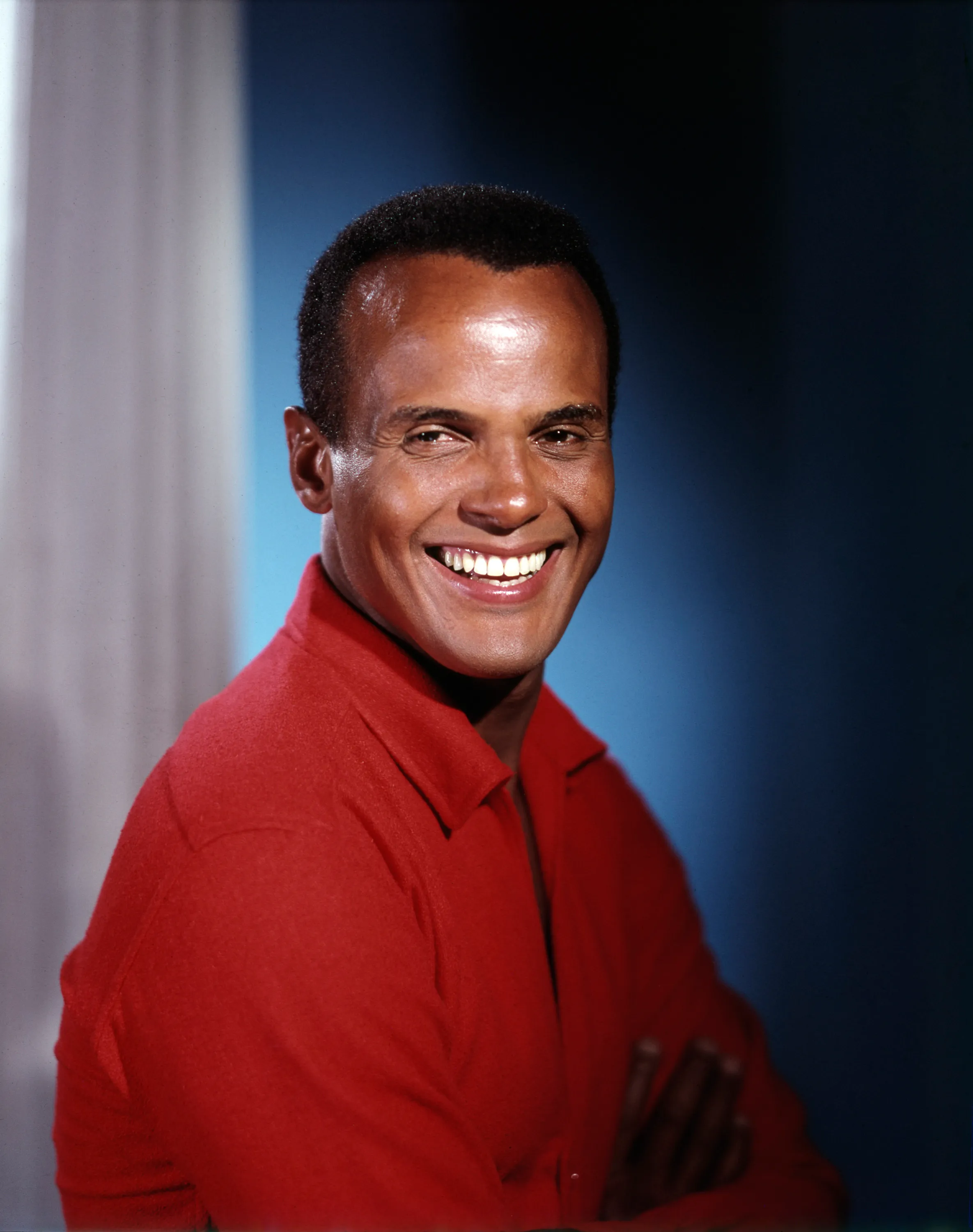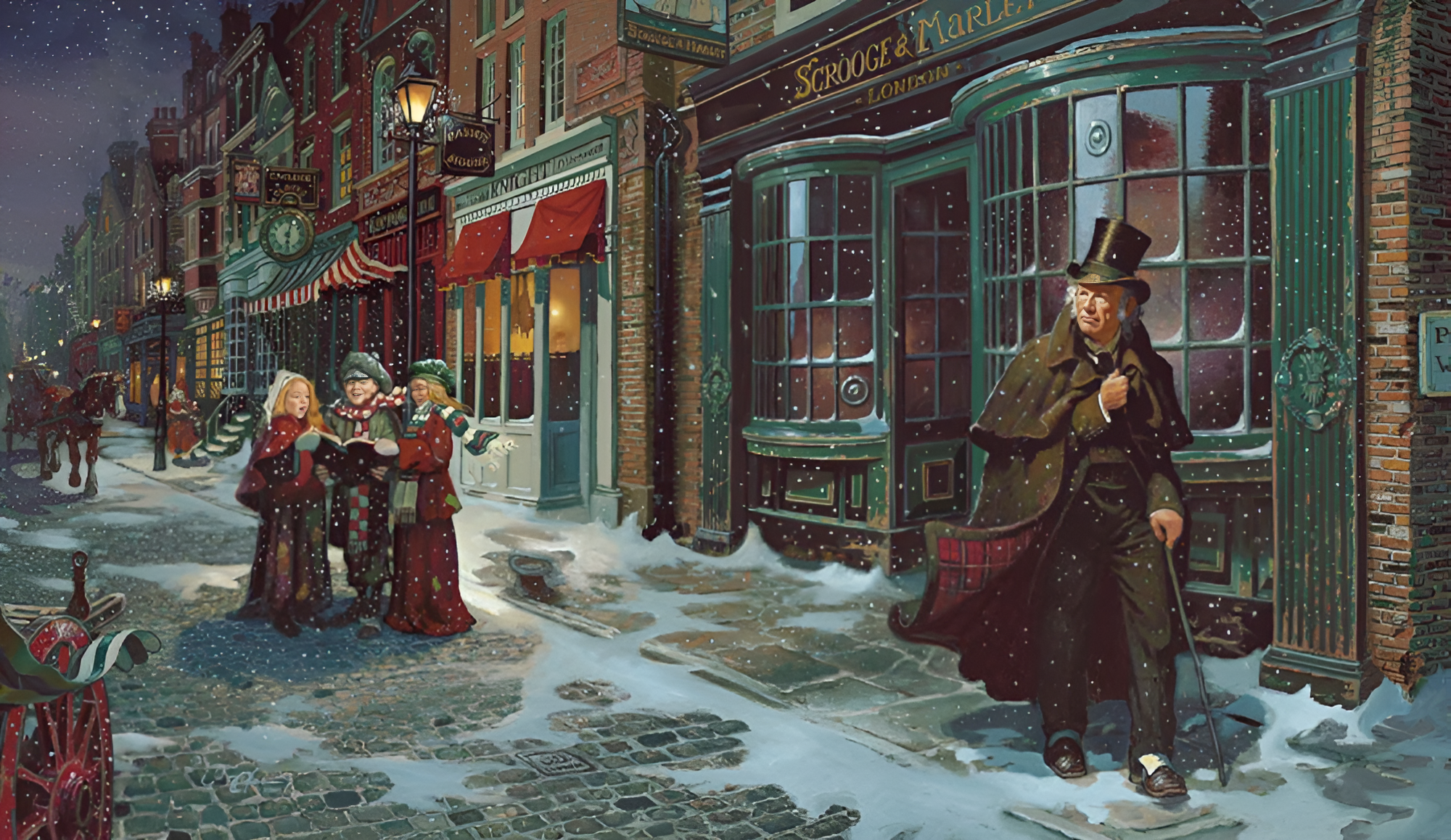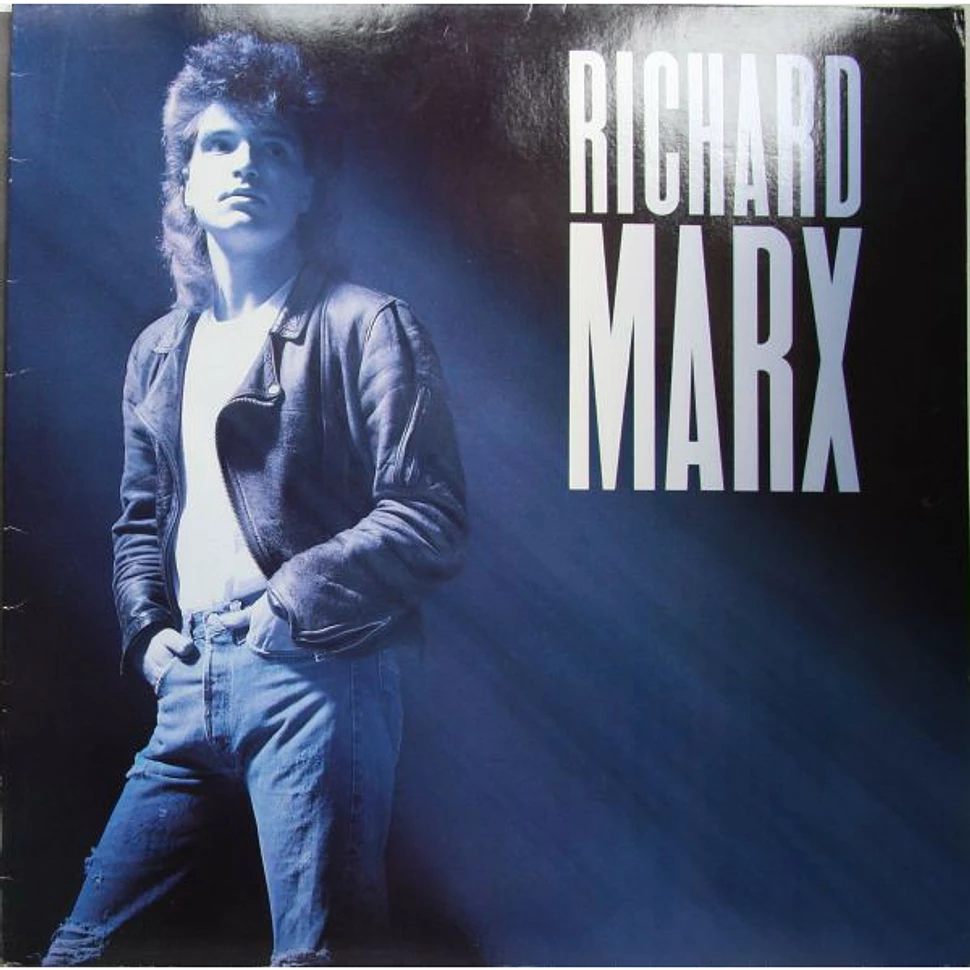
| Russisch | Transkription | deutsche Übersetzung |
|---|---|---|
|
Эй, ухнем! |
Ei, uchnem! |
Ej, hau ruck! |

Hier sind wir versammelt zu löblichen Tun, Drum Brüderchen, ergo bibamus! Die Gläser, sie klingen, Gespräche, sie ruhn; Beherziget: ergo bibamus! Das heißt noch ein altes, ein tüchtiges Wort Und passet zum ersten und passet sofort Und schallet ein Echo, vom festlichen Ort, Ein herrliches: ergo bibamus! Ein herrliches: ergo bibamus! 2. Ich hatte mein freundliches Liebchen gesehn, Da dacht ich mir: Ergo bibamus! Und nahte mich traulich, da ließ sie mich stehn, Ich half mir und dachte: Bibamus! Und wenn sie versöhnet euch herzet und küßt, Und wenn ihr das Herzen und Küßen vermißt, So bleibet nur, bis ihr was besseres wißt, Beim tröstlichen Ergo bibamus! Beim tröstlichen Ergo bibamus! 3. Mich ruft mein Geschick von den Freunden hinweg; Ihr Redlichen, ergo bibamus! Ich scheide von hinnen mit leichtem Gepäck, Drum doppeltes: ergo bibamus! Und was auch der Filz vom Leibe sich schmorgt, So bleibt für den Heitern doch immer gesorgt, Weil immer dem Frohen der Fröhliche borgt: Drum, Brüderchen: ergo bibamus! Drum, Brüderchen: ergo bibamus! 4. Was sollen wir sagen zum heutigen Tag? Ich dächte nur: ergo bibamus! Er ist nun einmal von besonderem Schlag, Drum immer aufs neue: bibamus! Er führet die Freunde durchs offene Tor, Es glänzen die Wolken, es teilt sich der Flor, Da leuchtet ein Bildchen, ein göttliches vor, Wir klingen und singen: bibamus! Wir klingen und singen: bibamus!


